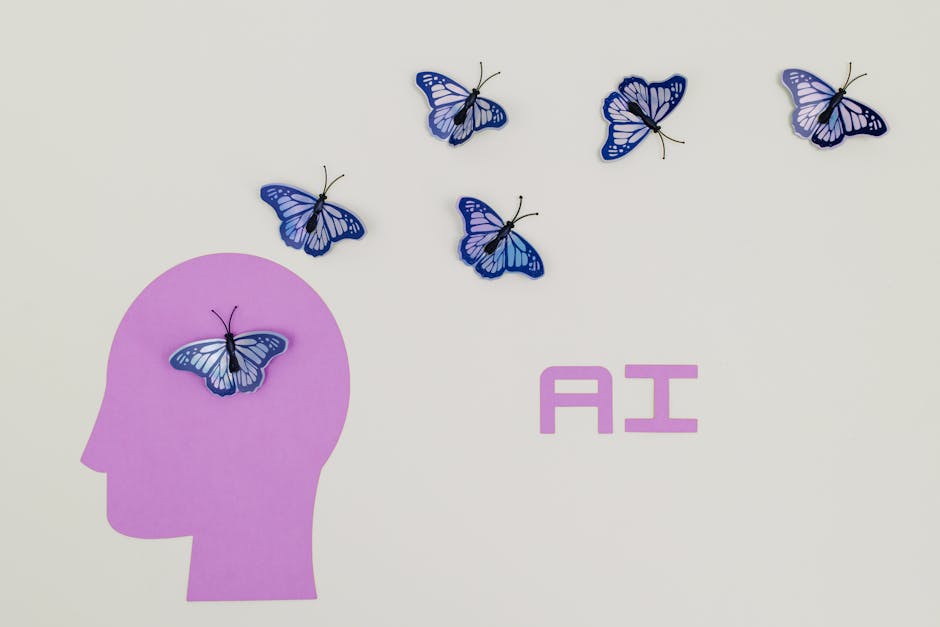A primary driver is the accelerating pace of computing power. Moore’s Law, while arguably slowing, continues to be relevant, albeit in modified form. We’re witnessing a shift from simply increasing transistor density to exploring alternative computing paradigms. Quantum computing, for example, promises exponential increases in processing power, tackling problems currently intractable for even the most powerful supercomputers. This transformative technology will revolutionize fields like drug discovery, materials science, and artificial intelligence, leading to breakthroughs that were previously unimaginable. Alongside this, neuromorphic computing, inspired by the human brain’s architecture, offers a pathway to energy-efficient and adaptable computing systems, ideal for edge devices and AI applications requiring real-time processing.
Another significant trend is the pervasive integration of artificial intelligence (AI) into nearly every aspect of life. We’ve transitioned from narrow AI, designed for specific tasks, toward more general-purpose AI systems capable of learning and adapting to diverse situations. Machine learning algorithms are already impacting healthcare with improved diagnostics and personalized treatments, enhancing transportation through autonomous vehicles, and revolutionizing finance through algorithmic trading and fraud detection. However, the ethical implications of increasingly sophisticated AI systems warrant careful consideration. Issues surrounding bias in algorithms, job displacement, and the potential for misuse require proactive and responsible development strategies. Explainable AI (XAI), focusing on making AI decision-making transparent and understandable, will be crucial in building trust and mitigating these risks.
The convergence of AI and the Internet of Things (IoT) is generating a powerful synergy. Billions of interconnected devices, from smart homes and wearable sensors to industrial machinery and environmental monitoring systems, are generating vast amounts of data. AI algorithms are essential for analyzing this data, extracting valuable insights, and enabling proactive decision-making. This combination is transforming industries such as manufacturing (with predictive maintenance and optimized production processes), agriculture (with precision farming and improved resource management), and healthcare (with remote patient monitoring and personalized interventions). However, data security and privacy become paramount concerns in such a highly interconnected environment, demanding robust cybersecurity measures and careful regulatory frameworks.
Furthermore, advancements in biotechnology are reshaping our understanding of life itself. CRISPR-Cas9 gene editing technology allows for precise modifications of DNA, opening up possibilities for treating genetic diseases, developing disease-resistant crops, and even enhancing human capabilities. Synthetic biology, which involves designing and constructing new biological parts, devices, and systems, promises revolutionary applications in medicine, materials science, and energy production. However, ethical considerations surrounding gene editing and synthetic biology demand rigorous debate and responsible governance to prevent unintended consequences.
Sustainable technologies are also gaining increasing prominence. Driven by the urgent need to address climate change, significant progress is being made in renewable energy sources, energy storage, and carbon capture technologies. Solar and wind power are becoming increasingly cost-competitive with fossil fuels, while advancements in battery technology are enabling wider adoption of electric vehicles and grid-scale energy storage. Furthermore, innovations in sustainable materials and circular economy models are aiming to minimize environmental impact throughout the product lifecycle. This shift toward sustainability will fundamentally alter how we produce, consume, and interact with our environment.
In the realm of communication, the future points towards a seamless integration of various technologies. 5G and future generations of wireless networks will provide the high bandwidth and low latency necessary for supporting the massive data demands of AI, IoT, and virtual and augmented reality (VR/AR) applications. VR/AR technologies are poised to revolutionize entertainment, education, healthcare, and numerous other sectors, offering immersive and interactive experiences that blur the lines between the physical and digital worlds. However, challenges remain in developing more comfortable and affordable headsets, as well as addressing concerns about potential addiction and social isolation.
Looking ahead, it is clear that the future of technology is not a single destination but rather a complex and evolving landscape shaped by the interplay of these diverse trends. It will be a future characterized by increasing automation, ubiquitous connectivity, personalized experiences, and a growing reliance on data-driven decision-making. However, navigating this future requires a conscious effort to address ethical, social, and environmental considerations. Responsible innovation, robust regulatory frameworks, and a focus on human well-being are crucial to ensuring that technological advancements benefit all of humanity. The future of technology, therefore, is not merely about technological progress, but about responsible technological stewardship. Only through careful consideration of these multifaceted aspects can we harness the transformative power of technology to create a more equitable, sustainable, and prosperous future.
